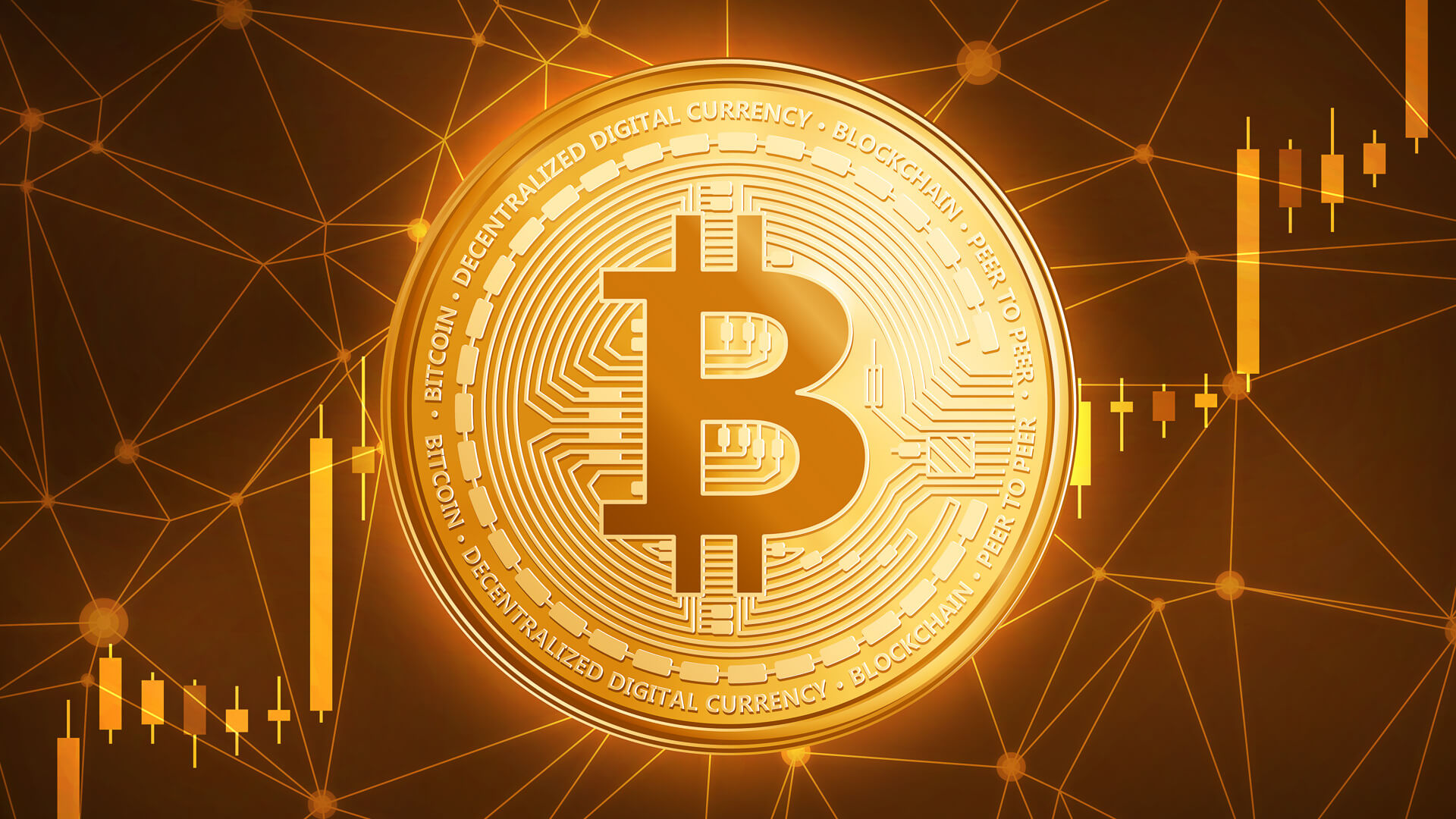Related research from the Program on Corporate Governance includes The Illusory Promise of Stakeholder Governance by Lucian A. Bebchuk and Roberto Tallarita (discussed on the Forum here); For Whom Corporate Leaders Bargain by Lucian A. Bebchuk, Kobi Kastiel, and Roberto Tallarita (discussed on the Forum here); and Will Corporations Deliver to All Stakeholders?, by Lucian A. Bebchuk and Roberto Tallarita.
In a study we recently released on SSRN, Stakeholder Capitalism in the Time of Covid, we use the COVID-19 pandemic to test the claims of supporters of stakeholder capitalism empirically.
The pandemic was preceded and accompanied by peak support for stakeholder capitalism, with corporate leaders broadly pledging to look after the interests of stakeholders. Our investigation, however, casts doubt on whether such rhetoric was matched by actions.
We conduct a detailed examination of more than 100 public company acquisitions, with an aggregate value exceeding $700 billion, that were announced during the first twenty months of the pandemic. We find that the contractual terms of those acquisitions provided large gains for target shareholders and corporate leaders themselves. However, even though the pandemic heightened risks for stakeholders, corporate leaders negotiated for little or no stakeholder protections.
In particular, although many transactions were viewed as posing significant post-deal risks for employees, corporate leaders generally didn’t bargain for any employee protections, including any compensation to employees that would be fired after the acquisition. And corporate leaders also didn’t negotiate for any protections to customers, suppliers, communities, the environment, or other stakeholders.
We conclude by discussing the implications of our findings for public policy and the heated debate on stakeholder capitalism.
Here is a more detailed account of our analysis:











Recent Comments